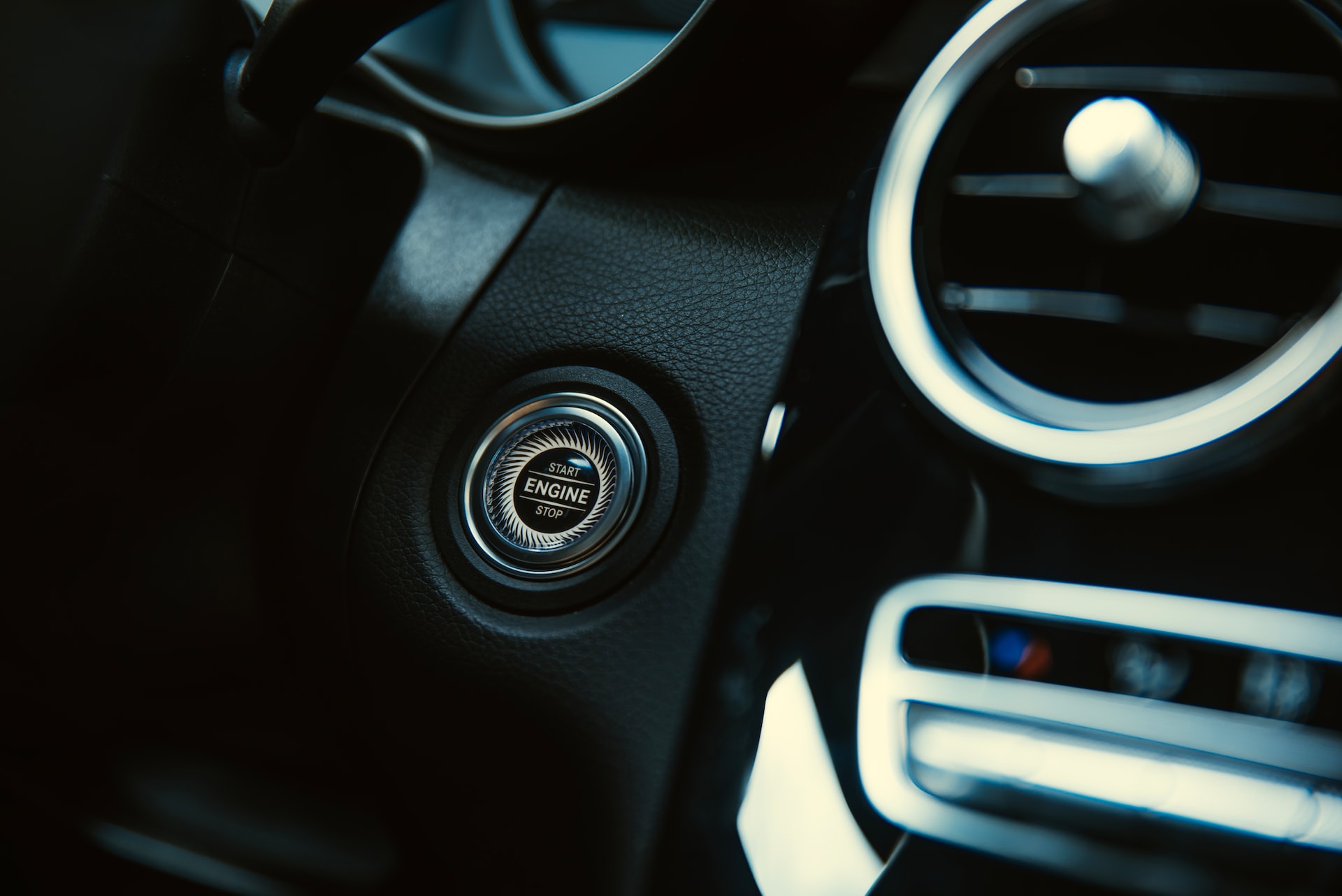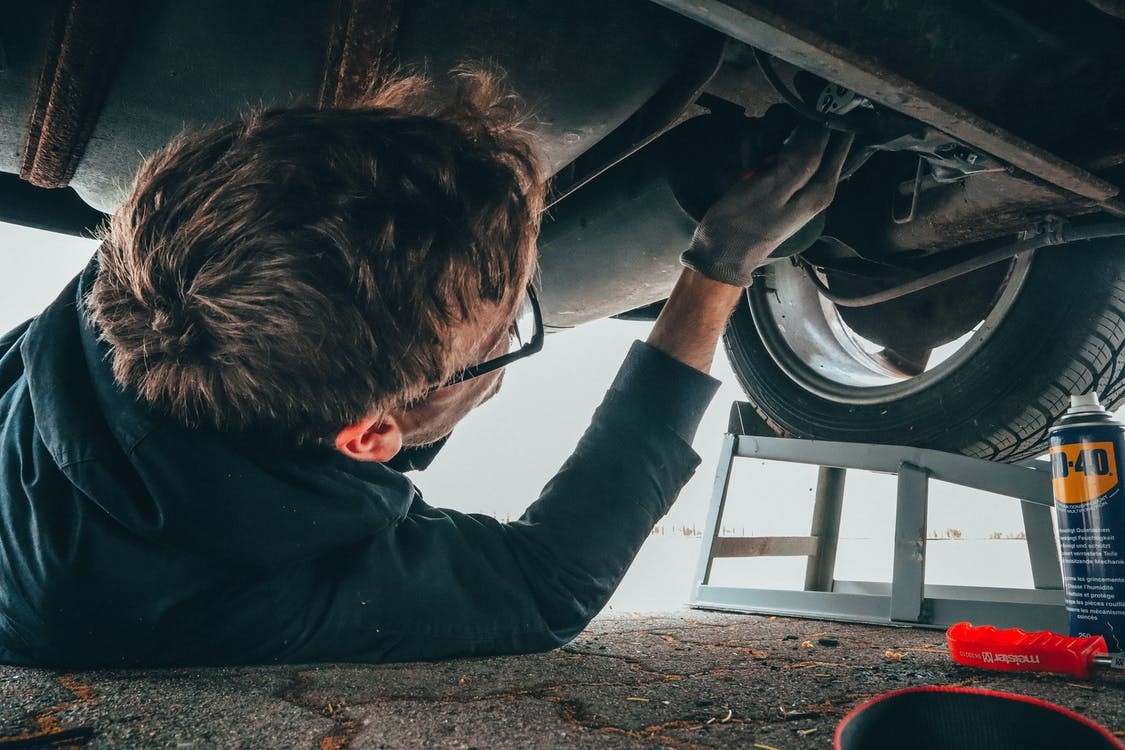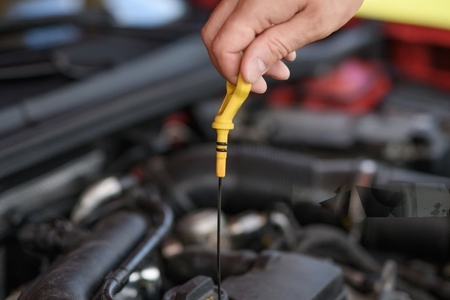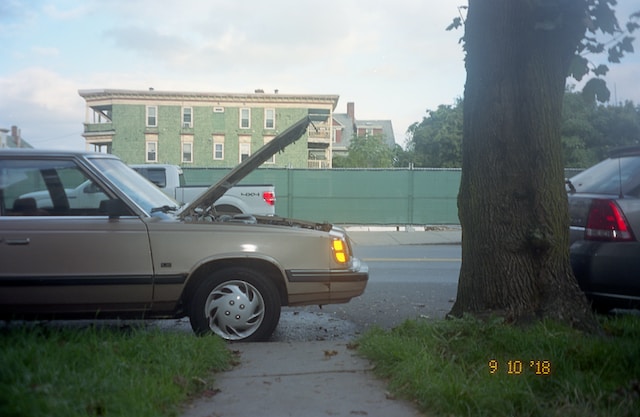Introduction
Having a car that won’t start can be frustrating and inconvenient, especially if you need to be somewhere quickly. The cause of the problem could be any number of issues, and it can be challenging to pinpoint exactly what’s wrong. Knowing the why won’t my car start can save you time, money, and frustration in the long run. In this article, we will explore the top reasons why your car won’t start and how to diagnose and fix each issue.
Possible reasons why your car won’t turn over
Dead Battery
A dead battery is one of the most common reasons why your car won’t start. The battery is the heart of the car’s electrical system, providing power to start the engine and run the accessories. A battery can die for several reasons, including leaving the headlights on, a faulty alternator, or not driving the car frequently enough to keep the battery charged
How to Check the Battery:
To check the battery, you will need a voltmeter. First, open the hood of the car and locate the battery. Make sure the engine is off, and all accessories are turned off, including the headlights. Next, connect the red (positive) lead of the voltmeter to the positive terminal of the battery and the black (negative) lead to the negative terminal.
Solutions for Fixing the Dead Battery:
Connect the red (positive) jumper cable to the positive terminal of the dead battery and the other red (positive) cable to the positive terminal of the charged battery. Then, connect the black (negative) cable to the negative terminal of the charged battery and the other black (negative) cable to an unpainted metal surface on the car with the dead battery.
Fuel System Problems
Another common reason why your car won’t start is due to fuel system problems. The fuel system is responsible for providing fuel to the engine, and if it is not functioning correctly, the engine won’t receive the necessary fuel to run. There are several fuel system problems that can cause your car not to start.
Fuel Pump Failure: The fuel pump is responsible for moving fuel from the gas tank to the engine. If the fuel pump fails, the engine won’t receive the fuel it needs to start. Signs of a failing fuel pump include engine sputtering or stalling, difficulty starting the engine, and decreased fuel efficiency.
To check for fuel pump failure, turn the key in the ignition to the on position (not starting the car) and listen for a humming sound. If you don’t hear anything, it may indicate a failed fuel pump.
Clogged Fuel Filter: The fuel filter is responsible for removing impurities from the fuel before it reaches the engine. Over time, the fuel filter can become clogged with debris, preventing fuel from flowing correctly. Signs of a clogged fuel filter include the engine not starting, reduced fuel efficiency, and engine stalling.
To check for a clogged fuel filter, consult your owner’s manual for the location of the fuel filter. Once located, remove it and inspect it for debris. If it appears clogged, it should be replaced.
Check Our Blog on Easy Tips for Maintaining Your Car
Ignition Switch
The ignition switch is an essential component of the car’s starting system. It is responsible for providing power to the starter motor and other electrical components in the car. The ignition switch connects the battery to the starter motor when the key is turned, allowing the engine to start.
Symptoms of an Ignition Switch Problem:
No Power to the Starter Motor: One of the most common symptoms of an ignition switch problem is when there is no power to the starter motor when the key is turned. This can be due to a faulty ignition switch or a damaged wire in the starting system.
Car Stalls While Driving: Another symptom of an ignition switch problem is when the car stalls while driving. This can be caused by a faulty ignition switch that is not providing enough power to the engine.
Diagnosing and Fixing an Ignition Switch Problem:
To diagnose an ignition switch problem, you should check the battery, starter motor, and wiring first. If all of these components are working correctly, then the ignition switch may be the problem. To fix an ignition switch problem, you will need to replace the switch. This is a job that should be left to a professional mechanic, as it requires specialized tools and knowledge.
Check Our blog on Why is my check engine light flashing?
Starter Motor
The starter motor is an essential component of a car’s electrical system, as it is responsible for turning the engine over when the ignition key is turned. If the starter motor fails, the engine will not start, leaving the driver stranded.
Electrical Issues:
One of the most common reasons your car won’t turn over may not work is due to electrical issues. These issues may be caused by a dead battery, loose or corroded battery cables, or a faulty solenoid. If the battery is dead or the cables are loose, the starter motor will not receive the necessary power to turn the engine over. The solenoid is responsible for engaging the starter motor, and if it is faulty, the engine will not start.
Mechanical Problems:
Mechanical problems with the starter motor can also cause the engine not to start. These problems may be caused by a worn or damaged starter gear, a bad flywheel, or a failed starter motor. If the starter gear or flywheel is worn or damaged, the starter motor will not be able to engage with the engine, preventing it from starting. A failed starter motor may also be the result of a worn or damaged armature or brushes, which can cause the motor to stop working.
Alternator Problem
The alternator is an essential component in your car’s electrical system. It charges the battery and powers the electrical accessories in your car while the engine is running. If your alternator fails, your battery will not charge, and your car’s electrical system will not function correctly. This can cause several problems, including difficulty starting the car or a complete loss of power while driving.
Dead Battery
The answer to the question that car struggles to start but battery is fine is a dead battery that is one of the most common causes of a car that won’t start. While a faulty alternator is not the only reason a battery can die, it is one of the most likely causes.
Electrical Issues
The alternator powers the electrical accessories in your car, such as the lights, radio, and power windows. If you are experiencing problems with these accessories, it could be a sign of an alternator problem. For example, if your lights are dimming or your radio is cutting in and out, it could be a sign that the alternator is failing.
Key Takeaway
Why my car starts sometimes and sometimes it doesn’t?
There could be various reasons why your car suddenly won’t start, including a dead battery, fuel system problems, ignition switch or starter motor issues, or a failing alternator
Why won’t my car start but I have power?
If your car won’t turn over but you have power, it could be due to a number of issues, such as a faulty starter, a clogged fuel filter, or a dead battery. A professional diagnosis is recommended.
Why my car not starting but the battery is isn’t dead?
There could be various reasons why won’t my car start even if the battery has some charge left. Some possible causes include a faulty starter motor, a bad alternator, a clogged fuel filter, a broken ignition switch, a loose or corroded battery cable, a blown fuse, or a malfunctioning sensor or computer.




